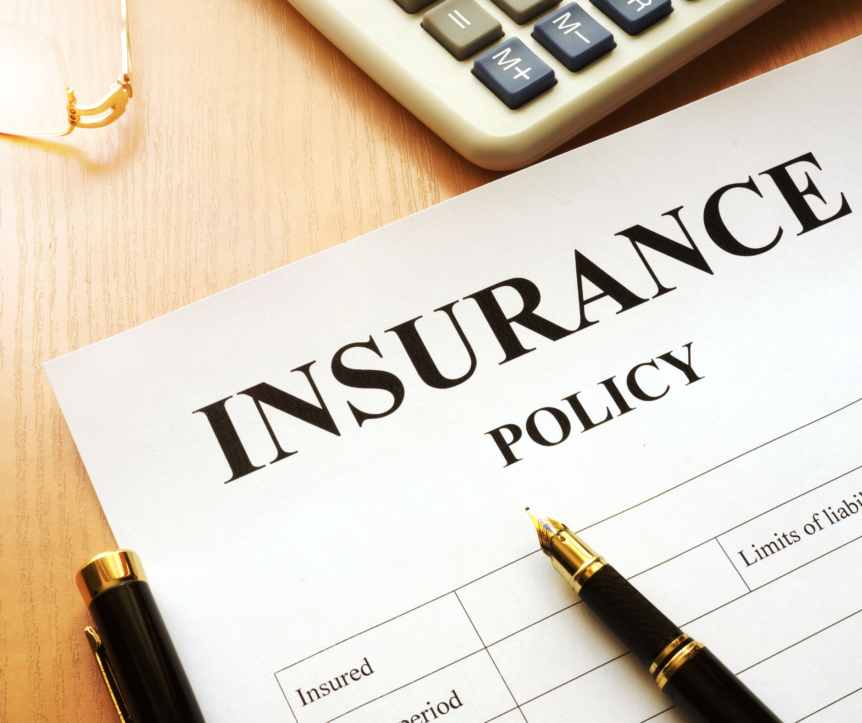By Nicole Rekant and Stevan Pardo
Most businesses suffering business interruption as a result of the global coronavirus pandemic are scouring their insurance policies for a way to collect. The general purpose of business interruption insurance is to compensate for losses in income caused by a damaging event. Typically, business interruption insurance is not its own separate policy, but is included as part of a commercial property insurance policy. Few if any policies specifically provide coverage for viruses. To the contrary, many policies contain virus exclusions. Significantly, business interruption claims usually require physical loss or damage for coverage to be triggered.
Many policies include language and restrictions related to actions of civil and/or military authorities. Generally, actions such as a declaration of a state of emergency do not grant coverage. But closures of public gathering places and all nonessential business activity in major cities worldwide may trigger coverage for “order of civil or military authority,” meaning losses due to the prohibition of access to a business’s premises if caused by property damage within a specified distance of the insured property, such as one or five miles. The presence of coronavirus in your own premises could trigger both property damage coverage and business interruption coverage, depending on whether courts determine that the presence of the virus on surfaces of your property qualifies as property damage. However, a virus exclusion in your policy could prevent your recovery through this avenue.
This is a checklist to review when evaluating your business interruption insurance:
- Obtain a copy of the insurance policy and declaration page. You or your attorney should review the policy for potential coverage. The language used in the policy is critical because coverage is often triggered when there is a “direct physical loss of or damage to” an insured’s property or a property unrelated to the insured within a certain geographical radius of the insured’s property. Additional coverage may exist depending upon the policy. For example, industries such as hospitality, travel, and healthcare may have coverage for diseases, but the definitions of “covered cause of loss” and any applicable exclusions should be scrutinized.
- Don’t delay. You may have a deadline to report your claim within a certain period of time such as 60, 90 or 180 days, with the first day counted from the date of the damage. All claims should be submitted timely to your insurer with proof of receipt.
- Documenting losses. Document how the business has been damaged so that your lost income can be verified. Maintain records to substantiate loss of sales, customers, expenses such as payroll, material, rent, and replacement inventory to shorten period of restoration, including legal and accounting costs. This is not the time to discard tax returns, financial statements, sales forecasts, invoices, receipts, contracts, and exports/reports from accounting systems. Document your sales history as well as sales trends and business cycles before and after the damage to show the amount of income you reasonably expected.
- Document saved expenses. To maintain credibility for your claim, you should indicate any expenses that you did not incur because of your loss, such as reductions in payroll, inventory, and utilities.
- Demarcate the start date and time of the loss. The end date, when the business’s income returns to “normal,” has likely not yet occurred. Note that many business interruption provisions contain time limits, such as 14 or 30 days, and damages caps that prevent a full recovery of all damages.
- Mitigate your losses. If possible, the business should attempt to mitigate losses. For instance, some businesses can continue to operate even if at reduced capacity and can cut certain costs.
- Communicate with your legal counsel and insurance broker. Ongoing communication with your legal counsel is important to determine your legal basis for recovery and how best to gather supporting evidence. With your insurance broker, you will want to address expected timelines for all parties and understand how to cover additional items.
The attorneys at Pardo Jackson Gainsburg & Shelowitz, PL can assist you with the review of your insurance policy to determine what course of action you may be able to take to obtain coverage. For further information contact us at info@pardojackson.com or call 305-358-1001

